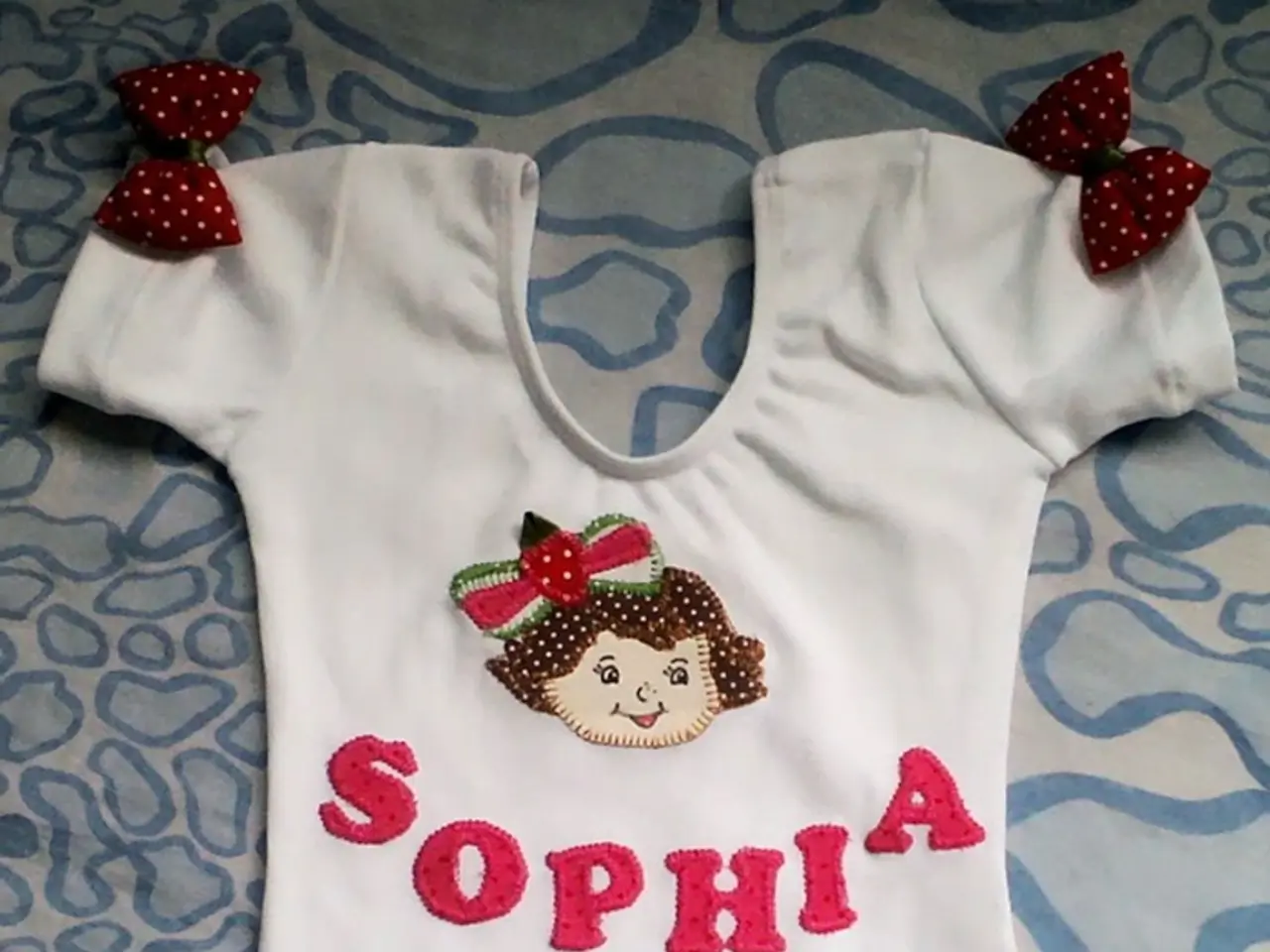Business thrives with Lego-driven aerial vehicles
Flybrix: Building and Flying Lego Drones
Flybrix, a startup co-founded by Amir Hirsch, is revolutionising the way people learn about drone technology. This innovative company offers Lego-based drone kits that provide an engaging blend of creativity, education, and technology.
At the heart of Flybrix kits is a modular design using Lego bricks. Users construct drones, combining the familiar tactile and creative building experience of Legos with drone components. The result is a functional flying device, powered by motors, propellers, and batteries integrated into the Lego structures.
The educational focus of Flybrix kits appeals to students, hobbyists, and educators alike. Builders can design and customise their drones’ shapes and structures using Lego bricks, enabling a hands-on STEM learning process. The kits teach principles of aerodynamics, engineering, and programming, making them an ideal tool for exploring the world of drones.
Flybrix drones come with Bluetooth or app connectivity, allowing users to control their drone’s flight patterns from a smartphone or tablet. This feature adds an extra layer of excitement to the building and flying process.
Amir Hirsch, the CEO and co-founder of Flybrix, is a graduate of MIT. His career journey was influenced by advice from an MIT alumnus, which he later shared in a 2013 blog post that was picked up by Forbes. The advice emphasised the importance of market approach for acquiring customers and using technology to create a defensible position.
Prior to Flybrix, Hirsch founded a company that created educational iPad apps. His target audience for Flybrix primarily includes young people aged 14 and older, but he expects interest from other demographics, such as retired pilots.
Each Flybrix kit includes Legos, motors, a fully-routed Arduino board, and a lithium polymer battery. Building and flying drones using these kits offers learning opportunities in aerodynamics, electromechanics, and flight basics.
Amir Hirsch emphasises the hands-on learning experience and the clarity of concepts gained from flying a drone built by hand. The average Flybrix drone can stay airborne for five minutes, making it an accessible introduction to the world of drone technology.
In 2016, Flybrix sold over 8,000 drone kits online. The company has also sold nearly 500 units to school systems worldwide, including STEM-focused schools in Australia. Flybrix aims to be in national retail chains by December 2022, making their innovative Lego drone kits more accessible to a wider audience.
Amir Hirsch often has people asking him to crash the drones during demonstrations due to public interest. However, the drone that got stuck above the white board in their office is not accessible unless the wall is taken down. Despite this, the success of Flybrix demonstrates that there is a growing interest in hands-on learning experiences that combine creativity, education, and technology.
- Amir Hirsch, the CEO of Flybrix, a startup that constructs Lego-based drone kits, was advised by an MIT alumnus to focus on market approach and technology to create a competitive edge, which he later shared in a 2013 blog post that was featured in Forbes.
- With Flybrix, users can learn engineering, aerodynamics, and programming principles through a hands-on process, building and flying Lego drones, making it an ideal education-and-self-development tool for young people aged 14 and older, including retired pilots.
- The innovative Lego drone kits by Flybrix come with Bluetooth or app connectivity, enabling users to monitor and control flight patterns using a smartphone or tablet, enhancing the overall experience.
- The science of flight is accessible and engaging through Flybrix, as each kit includes Legos, motors, an Arduino board, and a lithium polymer battery, resulting in a functional flying device that can stay airborne for an average of five minutes.
- In addition to selling over 8,000 kits online in 2016, Flybrix has also supplied nearly 500 units to school systems worldwide, including STEM-focused schools in Australia, and aims to expand into national retail chains by December 2022 to reach a broader audience, impacting lifestyles and the technology sector.




